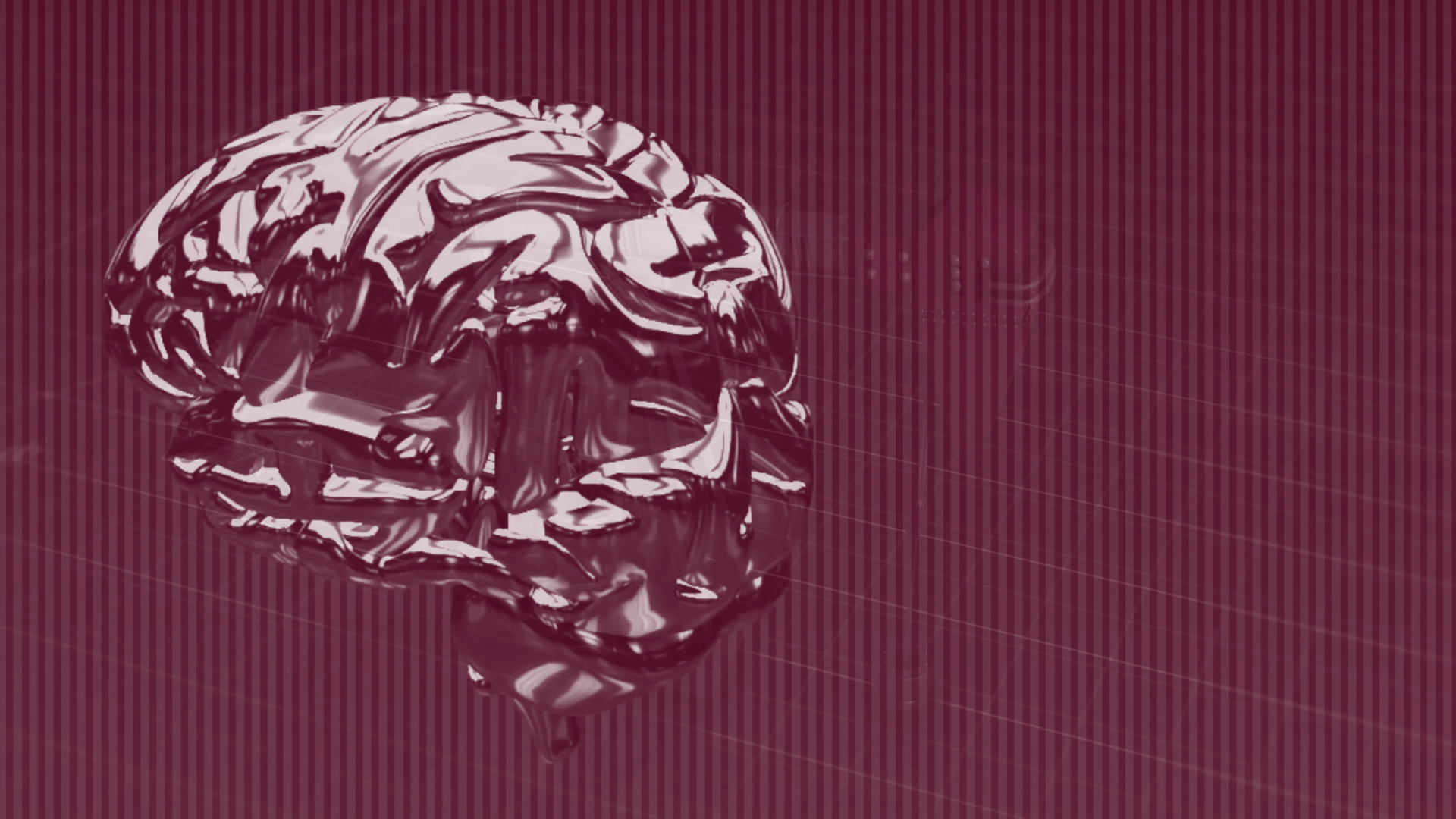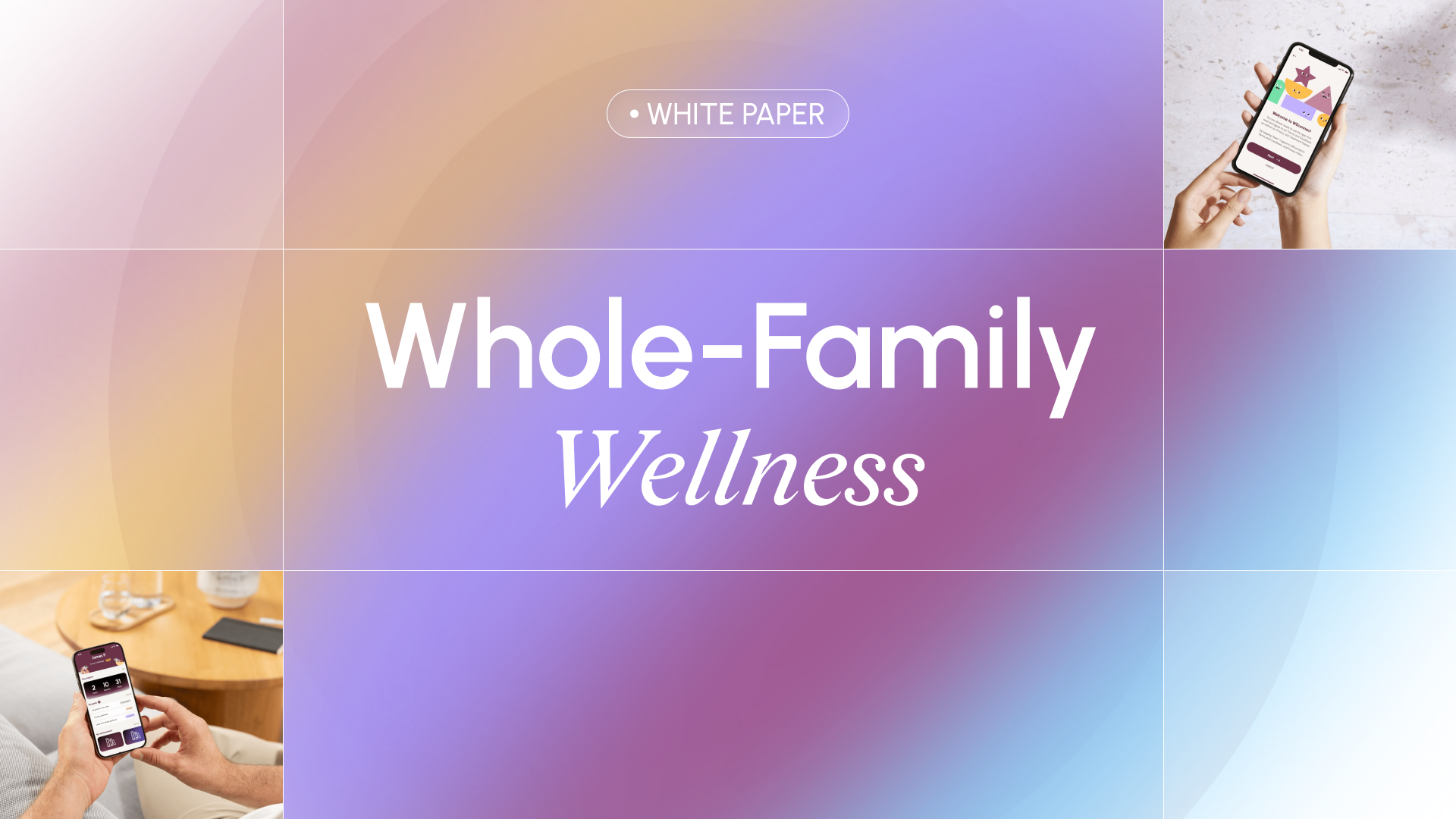Substance use disorder (SUD) is one of the fastest-growing health problems in the US, and it affects all identities, ages and populations. Many people are never diagnosed with SUD, especially in older age groups... and even fewer receive treatment for it. Isolation, increasing substance use, and mental health difficulties have skyrocketed during COVID. But there is hope, and many paths of recovery for people of all ages.
For our peer Dave—a fount of wisdom and an incredibly caring soul—recovery took a while (and a few tries). Now, with a few decades in recovery under his belt, he shares some of his own experiences and lessons learned along the way. His hope is that it can help others settling in for the long haul, as well as those who may not yet see the benefit recovery might bring to their life.
If you relate to Dave, or are in need for SUD support, we want you to know about our app. WEconnect’s app is a support tool for people in or seeking recovery. It's free for those enrolled in Medicare Advantage plans in Washington State—and we’re working actively to provide WEconnect support to everyone who wants it. To find out if you’re eligible for WEconnect, click this link.
Dave's Story
Can you tell me about your life during active addiction? What were things like then?
Interesting question, I could write a book about that. OK, Reader’s Digest version:
I grew up moving all over the country as my Dad got transferred with duPont, and never really had friends as a result. When I was 15 and began drinking and smoking pot, I suddenly fit in, and that filled the void inside me. In college, I started using anything and everything that was around... and there was a lot around. I did just enough to get by and graduated.
In ‘79, I went to my first AA meeting. I was 19 years old. At that point I was in college, and the night before was my first of two suicide attempts. I was primarily drinking, but also doing various (and numerous) other drugs. Even though I felt welcome in AA, I tried to control my substance use on my own for another 11 years.
For years, I was able to look good on the outside and hide my usage... until I couldn’t. But I could change jobs or move to avoid trouble, and keep justifying that things weren’t that bad. In grad school, it finally became too difficult to continue doing what I was doing—so I married my first wife and quit school altogether. Years later I started smoking crack, and life went downhill fast. That was when I really started recovery, but it was still years before I took it seriously. At my lowest point, I was both homeless and unemployable. Over time, I racked up one DUI and another 6 arrests for various other things, all related to SUD.
When did you enter recovery, and how?
My granddad found recovery in the early 50s, my dad in the late 70s. It was when I visited my dad in treatment that I realized I had a problem myself. That was in ‘79. 11 years later, when the crack took over my life, I reached out for help and went to my first of 2 treatment centers in ‘90. From ‘90-’94, I was more in recovery than not… but my last recurrence of use in Dec ‘93 was the ride from hell. On November 4th, 1994 (my birthday), I found myself alone in a hotel room with a broken foot and decided to do something different. From that day until now, I stopped trying to figure out why I have SUD—prior to this, I even went back to college for another degree in psychology and studied psychophysiology—and started asking myself “What am I going to do about it?”
How did family and friends react? How did you feel about the decision to enter recovery?
Well, my Dad was the first person I called when I needed help in ‘90 to get into treatment. Since he was in recovery himself, I don’t think it surprised him. He went to meetings with me until he passed away in ‘91. My friends and wife were honestly glad when they found out. At the time, I was raising a stepson who was around 16. It didn’t feel right telling him to not drink and smoke pot when he was raised watching his mother and I do what we were telling him not to do. Long story, but he died as a result of his using when he was 28—just a couple of years after his mom died of a heart attack.
What was the recovery community like at the time? Obstacles to surmount?
In ‘89, I started going to AA again. Folks there suggested trying NA. Our NA community was really small, so I went to both meetings. In my first trip to treatment, most were there for alcohol; in January of ‘94 I went back and most were there for crack, and alcohol was in the minority. Obstacles? Well, the first NA meeting I went to was in the same church where I was a Boy Scout leader (my Dad, three brothers, and myself are all Eagle Scouts). It was a small community in that way. Another challenge was maintaining anonymity from work. I was in management for most of my life (the last 15 years with Walmart), and it seemed prudent to keep my recovery hidden from others. What a relief to “retire early” and start working as a Peer Specialist!
Did you feel like you were able to talk about challenges of mental health, relationships, or other “taboo” topics when you first entered recovery?
When I first entered recovery, my only problem (I thought) was misusing alcohol and other drugs. So I didn’t feel like I could talk about my other mental health challenges openly at all. I never mentioned my daily suicidal ideation for years. And I really never dealt with my other mental health diagnoses until I started working as a Peer Specialist for our State Dept. of Mental Health. Today I do talk about my depression, anxiety, PTSD, dissociative disorders, and suicidal ideation; and went back to therapy to work on some of that stuff.
26 years is a long time to be in recovery. Can you tell me a little bit about that journey and what happened along the way?
My recovery means more to me for the hard parts I’ve made it through: my first wife died, my stepson (I call him my son) died, my Dad died early in my recovery, I was seriously injured at work and had back surgery (difficult for most of us), I was fired from the same job twice (but was never fired before recovery) which opened the door to better opportunities. I’ve lost numerous friends that were in recovery, and tomorrow marks 4 years since I lost my brother and best friend. He had 20 years in recovery when cancer took him... another long story.
But in short: life has been amazing. I seriously never thought I would live to see myself 20 years old, and have now tripled that. I never wanted children of my own prior to recovery, since I saw the world as a terrible place; my oldest child will be 26 this year, my youngest is 11. All of them have only known me in recovery. We have a saying in NA: “Any addict can stop using, lose the desire to use, and find a new way of life.” I believe that my new way of life has led me to not even consider returning to use. I’ve had several successful careers and now do professionally what I would do for free—and I can’t believe I get paid to do it!
What would have helped you during your darkest days of recovery?
Absolutely the connection with others. Each time I have gone to a meeting or used the phone, talked about what happened and my feelings, and found nothing but support, it’s what kept me going. I think if I would have had the WEconnect app at that time, and a Peer Specialist in my corner, it would have helped me so much.
What’s changed about your recovery over the years? Has your perspective changed?
For me, recovery is whatever you say it is—meaning that I don’t define it for anyone. I always felt that whatever works and helps someone not to die and to live a better life is great. Peer support opened the door to multiple pathways of recovery, including harm reduction. I know what works for me, but I certainly don’t push that on anyone, and rarely mention my pathway outside of my NA meetings.
We are embracing one another like never before and supporting people. Period. I think working in mental health taught me that we can support people, no matter what. I worked with people with diagnoses that I don’t have, but found that supporting them and helping them find more support wherever they feel comfortable is what it is all about. That is what makes WEconnect’s All Recovery Meetings so amazing—people just support each other.
What aspects of your life have grown as a result of long-term recovery?
Good tough question... I guess that I am more relaxed and deal with whatever happens knowing that in the end it will be OK. Today, I am reliable, and like to think that my integrity has improved tremendously since my days of using. Just as others have been and will be there for me, I try to do the same for others. I know I don’t have all of the answers, and am willing to learn each day. I also don’t tolerate social inequities and am more comfortable speaking up—which is a challenge, living in South Carolina. I know what it’s like to live with stigma, just as I know what it is like to live with recovery.
What’s the best part about long-term recovery? Why keep at it?
The best part about long-term recovery is appreciating the little things that are really big things. The first thing on my gratitude list is “I woke up today,” and I don’t take that for granted—I remember when I didn’t want to wake up. While I can’t imagine returning to use, I do know what it would be like, and I truly believe I left hell to get here today.
One of the biggest things I found in recovery is inner peace; I certainly didn't come to recovery to find it, since I never had it before. But now I work each day to keep that peace.
What helps you stay in long-term recovery?
Connection with others is what helps me stay in recovery. Connection is really important. First with one person, but when a community of recovering people connects, I think that makes all the difference. Never forgetting my past. And I do a lot of service work in my path of recovery as well as with other peers throughout our state and the country. Also, my job! And of course, my family.
For me, those things make recovery a really easy choice—and I still believe it is a choice. Some may disagree with me, but I believe recovery is a hell of a lot easier than the life I was living.
What would you say to those who think it’s too late to change their relationship with their substance(s) of problematic use, or are afraid?
Each day, each moment, is a chance to change our lives.
Many of us connect with others in the WEconnect All Recovery Meetings, and by finding a path of recovery that works for each of us. As Peer Specialists, we connect by sharing our lived experience, partnering with someone to make recovery work for them in a way that helps them reach their goals and live more fulfilling lives.
There are millions of people living in recovery today: it’s a world that is open and accepting of everyone. We need each other to keep going on our own odysseys of recovery.
Emphasize your product's unique features or benefits to differentiate it from competitors
In nec dictum adipiscing pharetra enim etiam scelerisque dolor purus ipsum egestas cursus vulputate arcu egestas ut eu sed mollis consectetur mattis pharetra curabitur et maecenas in mattis fames consectetur ipsum quis risus mauris aliquam ornare nisl purus at ipsum nulla accumsan consectetur vestibulum suspendisse aliquam condimentum scelerisque lacinia pellentesque vestibulum condimentum turpis ligula pharetra dictum sapien facilisis sapien at sagittis et cursus congue.
- Pharetra curabitur et maecenas in mattis fames consectetur ipsum quis risus.
- Justo urna nisi auctor consequat consectetur dolor lectus blandit.
- Eget egestas volutpat lacinia vestibulum vitae mattis hendrerit.
- Ornare elit odio tellus orci bibendum dictum id sem congue enim amet diam.
Incorporate statistics or specific numbers to highlight the effectiveness or popularity of your offering
Convallis pellentesque ullamcorper sapien sed tristique fermentum proin amet quam tincidunt feugiat vitae neque quisque odio ut pellentesque ac mauris eget lectus. Pretium arcu turpis lacus sapien sit at eu sapien duis magna nunc nibh nam non ut nibh ultrices ultrices elementum egestas enim nisl sed cursus pellentesque sit dignissim enim euismod sit et convallis sed pelis viverra quam at nisl sit pharetra enim nisl nec vestibulum posuere in volutpat sed blandit neque risus.

Use time-sensitive language to encourage immediate action, such as "Limited Time Offer
Feugiat vitae neque quisque odio ut pellentesque ac mauris eget lectus. Pretium arcu turpis lacus sapien sit at eu sapien duis magna nunc nibh nam non ut nibh ultrices ultrices elementum egestas enim nisl sed cursus pellentesque sit dignissim enim euismod sit et convallis sed pelis viverra quam at nisl sit pharetra enim nisl nec vestibulum posuere in volutpat sed blandit neque risus.
- Pharetra curabitur et maecenas in mattis fames consectetur ipsum quis risus.
- Justo urna nisi auctor consequat consectetur dolor lectus blandit.
- Eget egestas volutpat lacinia vestibulum vitae mattis hendrerit.
- Ornare elit odio tellus orci bibendum dictum id sem congue enim amet diam.
Address customer pain points directly by showing how your product solves their problems
Feugiat vitae neque quisque odio ut pellentesque ac mauris eget lectus. Pretium arcu turpis lacus sapien sit at eu sapien duis magna nunc nibh nam non ut nibh ultrices ultrices elementum egestas enim nisl sed cursus pellentesque sit dignissim enim euismod sit et convallis sed pelis viverra quam at nisl sit pharetra enim nisl nec vestibulum posuere in volutpat sed blandit neque risus.
Vel etiam vel amet aenean eget in habitasse nunc duis tellus sem turpis risus aliquam ac volutpat tellus eu faucibus ullamcorper.
Tailor titles to your ideal customer segment using phrases like "Designed for Busy Professionals
Sed pretium id nibh id sit felis vitae volutpat volutpat adipiscing at sodales neque lectus mi phasellus commodo at elit suspendisse ornare faucibus lectus purus viverra in nec aliquet commodo et sed sed nisi tempor mi pellentesque arcu viverra pretium duis enim vulputate dignissim etiam ultrices vitae neque urna proin nibh diam turpis augue lacus.
%202.svg)
.jpeg)

